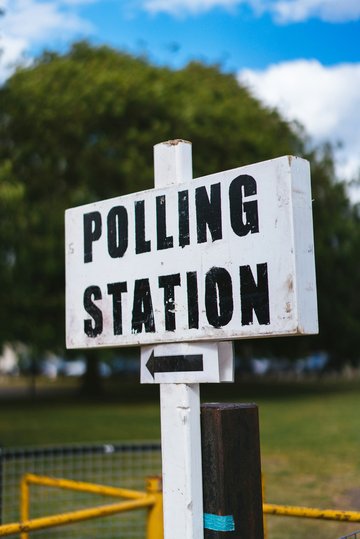
Politics
From the first South Asian MPs elected in Britain in the late nineteenth century to the first Prime Minister of South Asian descent in the twenty-first century
Overview
South Asians have been elected into the UK Parliament since the nineteenth century. David Ochterlony Dyce Sombre, elected in 1841, was probably the first MP of Asian descent, and across the nineteenth century candidates such as Lal Mohun Ghose and Dadabhai Naoroji contested seats for Parliament. Following the successful election of Naoroji as Liberal MP in 1892, Mancherjee Merwanjee Bhownaggree was elected as the Conservative MP for North-East Bethnal Green in 1895. In 1922 Shapurji Saklatvala was elected as a Communist member, with the endorsement of Labour, in Battersea.
Although no further South Asians were elected to Parliament until the 1980s, South Asians were actively involved in local politics. Chuni Lal Katial was the first South Asian mayor in 1938, for example. Sukhsagar Datta was Chair of the Bristol North Labour Party in 1946. Others engaged in world and international politics, such as Jawaharlal Nehru, the first Indian Prime Minister, and Mohammad Ali Jinnah, the first President of Pakistan.
South Asian women were also heavily involved in the British and Indian suffrage movements, campaigning for the rights of women to have the vote. These included Sophia Duleep Singh, Lolita Roy and Herabai Tata.
Following the Second World War and the partition of India and Pakistan, the British Government began to introduce legislation to first encourage and then restrict Commonwealth immigration. In the 1970s South Asians were shaping race relations both inside and outside Parliament through think-tanks such as the Runnymede Trust and the Institute of Race Relations. In 1971 British South Asians were involved in the movement for an independent Bangladesh.
In the late twentieth century, more South Asians were elected or appointed to political office in the United Kingdom. In 1982 Zerbanoo Gifford was elected Liberal councillor in Harrow, the first woman of colour to be elected councillor for the Liberal Party. On 21 May 1985 Mohammed Ajeeb became Lord Mayor of Bradford. In 1993 Jaswant Singh became Cardiff’s first Sikh councillor for the Riverside ward, where he represented the Labour Party and, later, Plaid Cymru. Waheed Alli became the youngest peer to be appointed into the House of Lords for the Labour Party in 1998.
In the twenty-first century, the UK Conservative Party has appointed a range of cabinet ministers of South Asian heritage, and in 2022 Rishi Sunak became Prime Minister. But it is not only about ‘firsts’ and successes: South Asians, of all genders and backgrounds, have been integral members of all the major political parties and crucially connected in local politics from the 1830s to the present.
Another interesting thing
The UK Government has engaged with the politics of immigration across the twentieth and twenty-first centuries, often implementing legislation to limit the number of migrants, including South Asian migrants to Britain, from the restriction of seamen with the Coloured Seamen's Order to the 1968 Commonwealth Immigrants Act.
